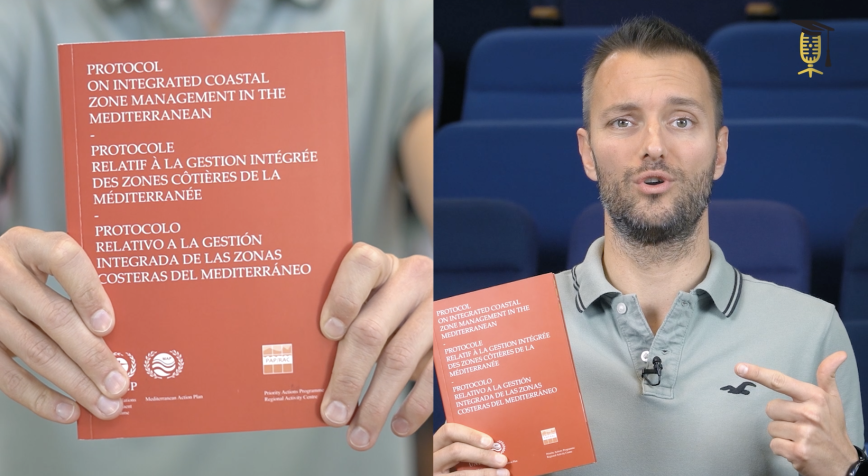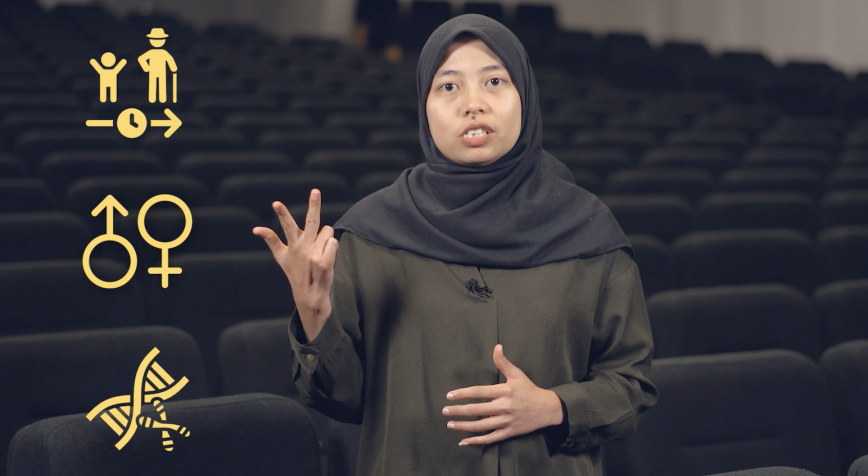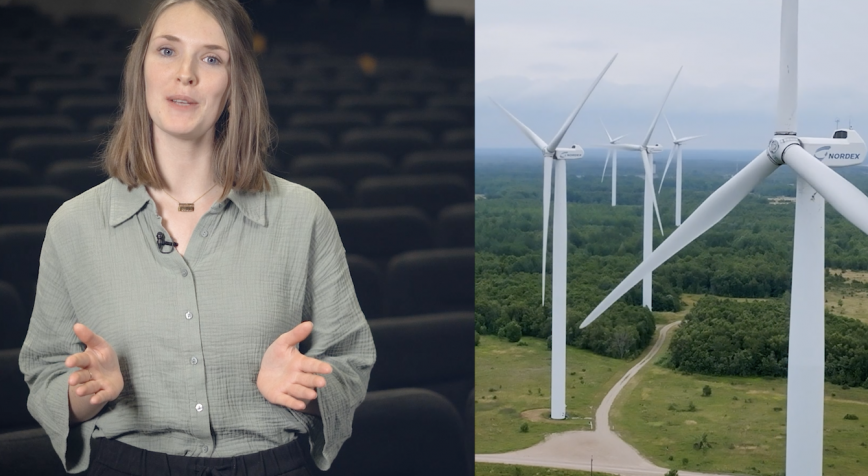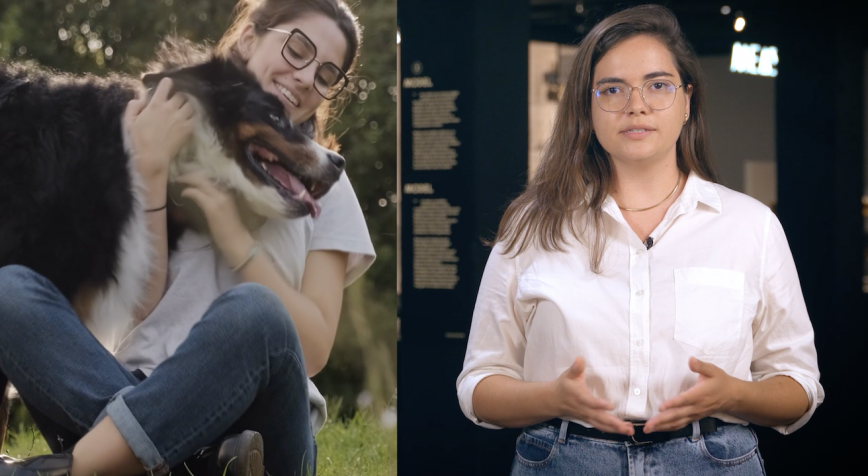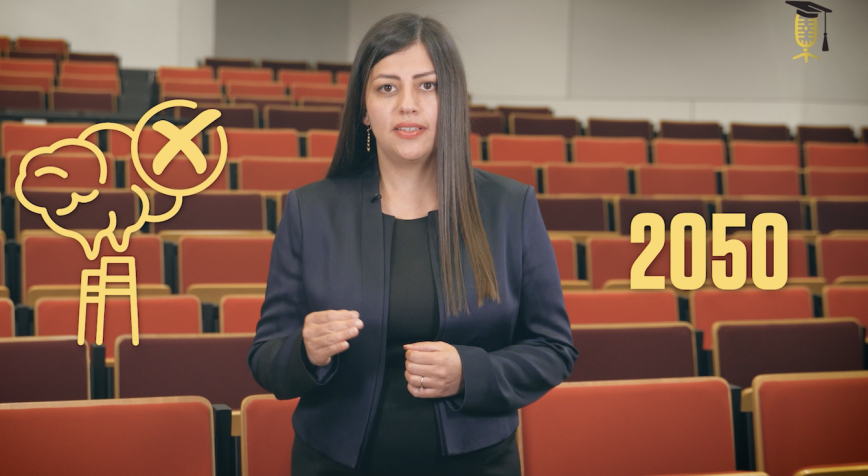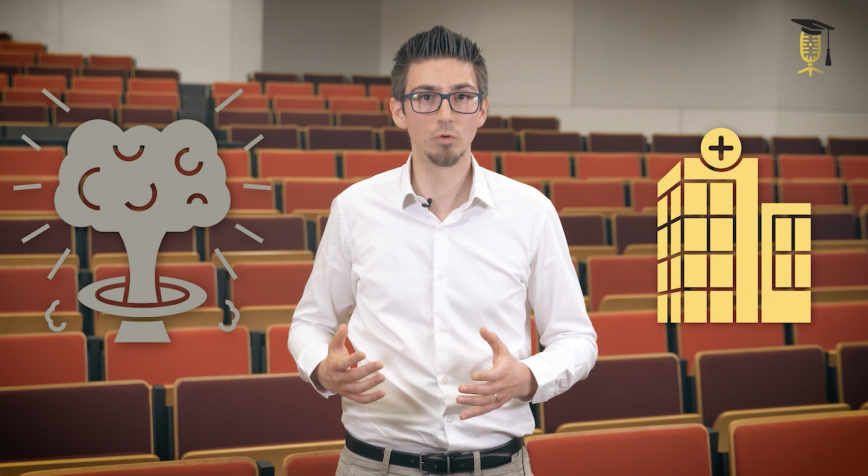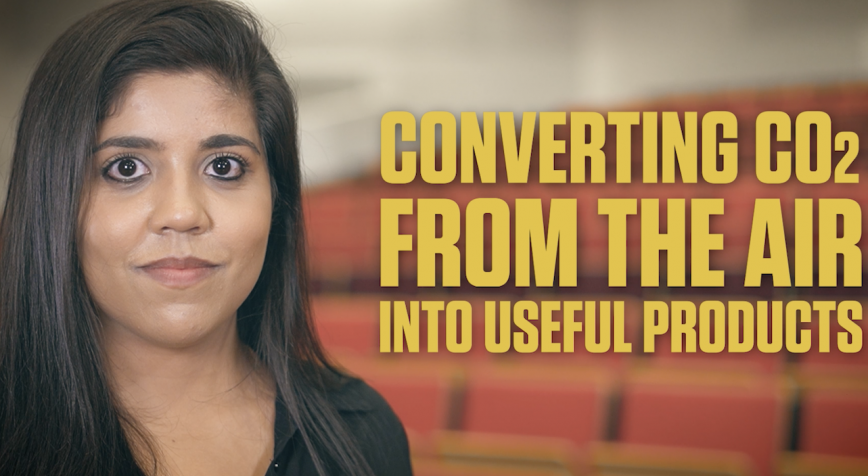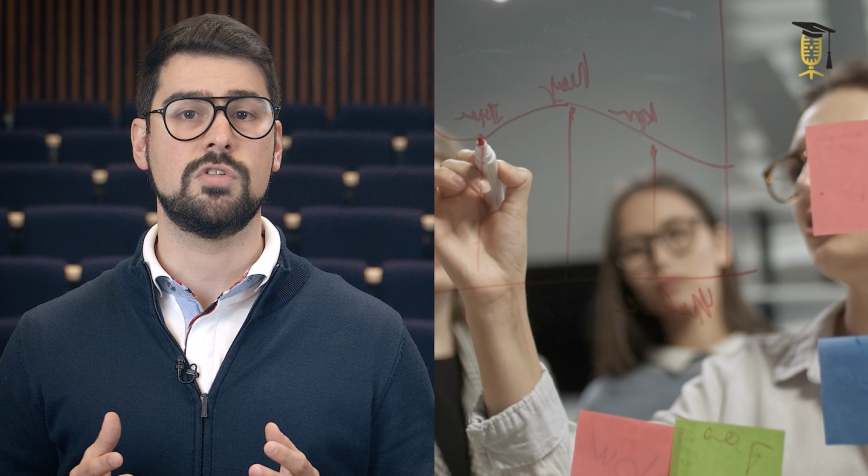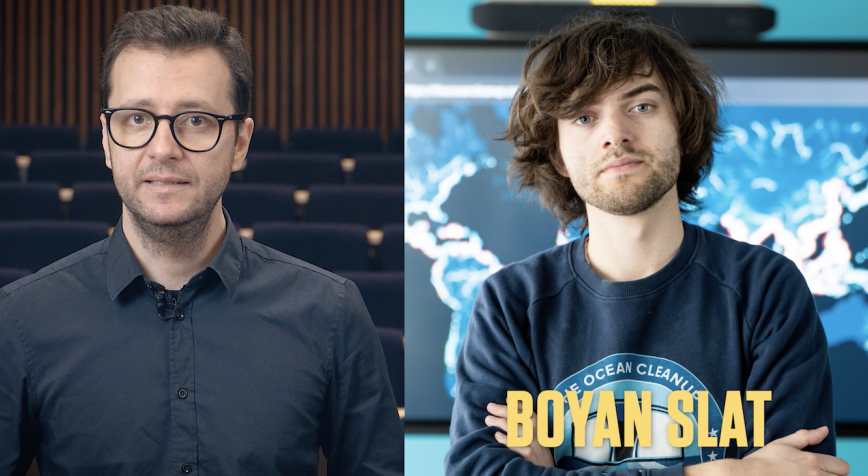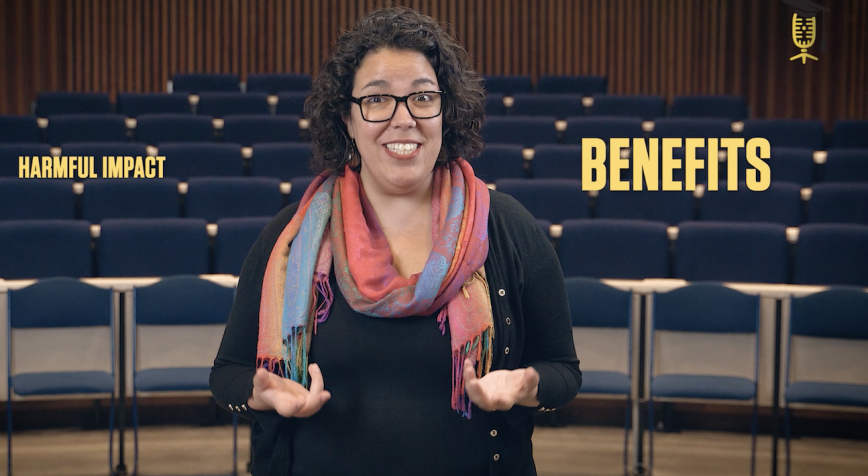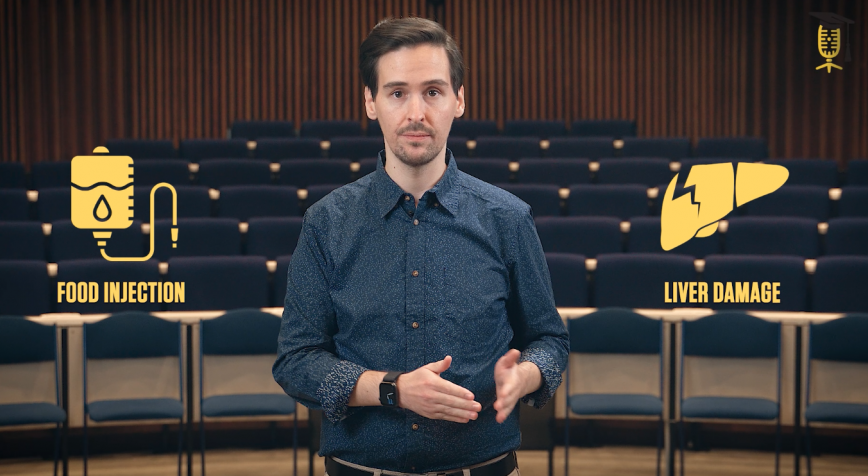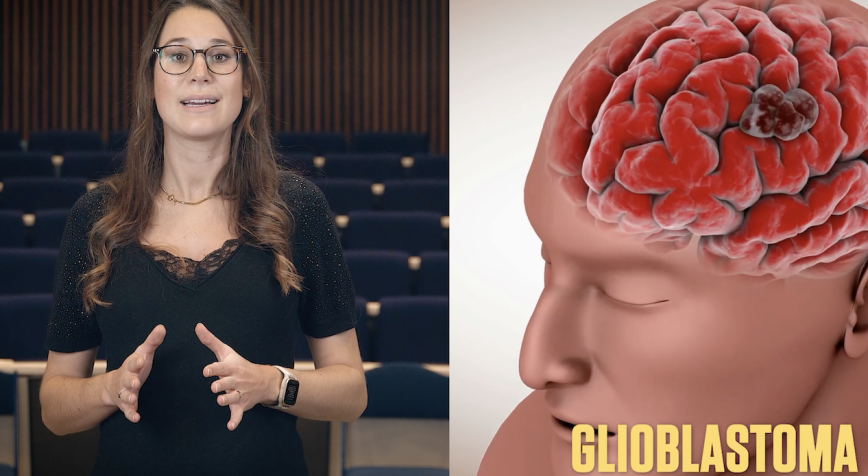
VUB
Stem cells in the battle against brain tumors
Once diagnosed with glioblastoma, a highly aggressive brain cancer, a patient has on average only 15 months to live. "This terrible statistic shows that we urgently need new treatment options," says Myrthe Mampay (VUB - FWO). In her research, she is looking for one such new treatment based on immunotherapy, in which she wants to use patient stem cells to make macrophages that attack the tumour.
